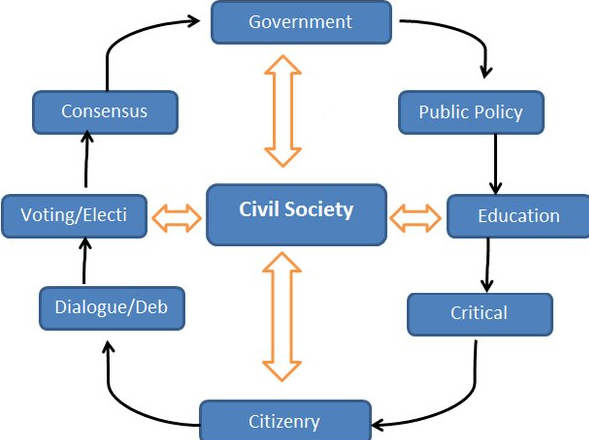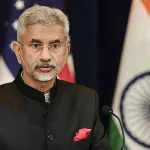The essence of public service lies in the very term itself – serving the public. Yet, a persistent question remains: Do ministers and employees truly understand and embody their roles as public servants? In a democratic society, ministers are elected by the people to govern, while government employees are tasked with implementing policies and running the daily affairs of the state. Both groups are paid through taxes collected from the public. This intricate relationship highlights a fundamental expectation that often seems unmet: accountability and service to the citizens.
The Role of Ministers
- Elected To Govern: The Mandate of the Ministers hold their positions by virtue of the people’s mandate. They are elected to represent the interests of their constituents, making decisions that reflect the collective will and address the common good. This democratic process is built on trust and the belief that elected officials will prioritize the needs and welfare of the public above all else.
- Governance and Accountability: Effective governance is measured not just by policies implemented, but by the transparency, accountability, and integrity of those in power. Ministers are expected to lead by example, maintaining a high standard of conduct and ensuring that their actions are in the best interest of the public. However, the reality often paints a different picture, with instances of corruption, misuse of power, and negligence casting a shadow over the noble ideals of public service.
The Role of Government Employees: Implementing Policies
- Public Servants in Action: Government employees, from the highest-ranking officials to the clerks, play a crucial role in the machinery of the state. Their responsibilities range from policy implementation to public administration, ensuring that the directives from the government are effectively translated into action. They are the backbone of the state’s operations, working across various sectors to maintain the country’s functionality.
- Funded By Public Taxes: The salaries and benefits of government employees come directly from the taxes paid by the public. This financial relationship underscores a vital expectation – that government employees will perform their duties diligently and with a sense of responsibility towards the taxpayers who fund their livelihoods. The public’s money should be used efficiently, with a focus on delivering services and benefits to the society at large.
Challenges to Effective Public Service
- Misalignment of Priorities: One of the critical challenges in the public service sector is the misalignment of priorities. Ministers and employees sometimes prioritize personal or political gains over public welfare. This misalignment leads to inefficient governance, delayed projects, and a lack of accountability. It is imperative to realign these priorities to focus on serving the public effectively.
- Corruption and Misuse of Power: Corruption remains a significant issue within public service. The misuse of power for personal gain erodes public trust and hampers development. Addressing corruption requires stringent measures, including transparent systems, strict enforcement of laws, and a robust mechanism for public grievance redressal.
- Lack of Accountability: A lack of accountability is another major hurdle. Without proper oversight, both ministers and employees can evade responsibility for their actions. Implementing mechanisms for regular audits, transparent reporting, and public scrutiny can enhance accountability and ensure that public servants remain answerable to the people.
The Way Forward: Enhancing Public Service
- Fostering a Culture of Accountability: Creating a culture of accountability is essential for effective public service. This involves setting clear expectations, monitoring performance, and holding individuals responsible for their actions. Regular audits, transparency in decision-making, and public access to information can help foster this culture.
- Training and Capacity Building: Continuous training and capacity building for government employees can enhance their efficiency and effectiveness. Providing opportunities for professional development, updating skills, and promoting a service-oriented mindset are crucial steps towards improving public service delivery.
- Encouraging Citizen Participation: Engaging citizens in governance processes can lead to more responsive and accountable public service. Encouraging public participation through forums, feedback mechanisms, and collaborative initiatives can bridge the gap between the government and the people, ensuring that policies and services meet the actual needs of society.
Conclusion
The journey towards effective public service requires a collective effort from both ministers and government employees. Recognizing their roles as public servants, elected by and accountable to the people, is the first step towards building a more transparent, efficient, and responsive governance system.
(The author is a Social Activist and National TV debater. The Views expressed are his own and can be reached on @[email protected])








